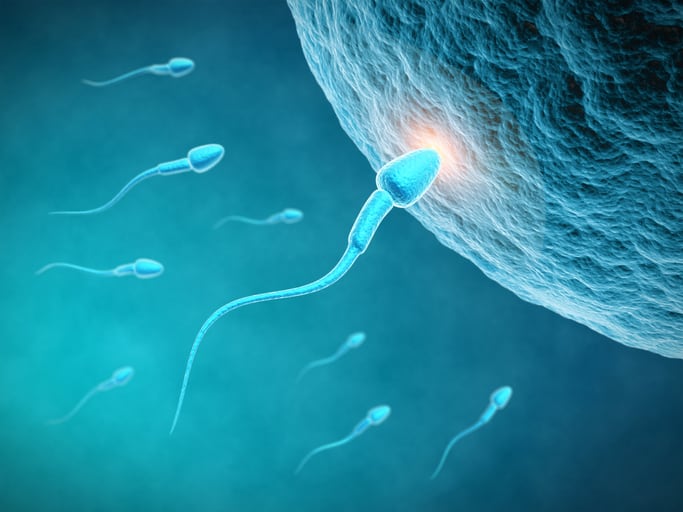The research even found the group of men who took these supplements had a higher rate of broken DNA in sperm - a possible cause of infertility - and they were more likely to complain of abdominal pain, nausea, vomiting, and other gastrointestinal symptoms.
The researchers from the University of Utah Health (U of U Health) and other medical centres, in conjunction with the National Institutes of Health, say their finding presents the most definitive evidence to date that so-called fertility supplements do not live up expectations.
"This is a landmark trial of male infertility supplements," says James M. Hotaling, M.D., co-author of the study and a U of U Health urologist specialising in male infertility.
"The take-home message for men is that, for the first time, there is high-quality data that zinc and folic acid do not improve live birth outcomes or semen function."
The report, published in JAMA, points out that many fertility supplements contain zinc, a mineral essential for sperm development, and folate, the natural form of folic acid that helps form DNA in the sperm. These are often promoted as a natural way to enhance sperm formation, sperm count, and movement. However, previous studies of these products have produced inconclusive results.
In this study, led by Eunice Kennedy Shriver National Institute of Child Health and Human Development (NICHD), researchers recruited 2,370 couples planning to undergo infertility treatments in Salt Lake City, Chicago, Minneapolis, and Iowa City, Iowa.
Men were randomly assigned to either receive a placebo or a daily supplement consisting of 5 milligrams of folic acid and 30 milligrams of zinc for six months. Women were asked to complete questionnaires for up to 18 months following the beginning of the trial in order to track pregnancy outcomes.
Broken DNA and nausea
Researchers found no significant differences in live births between the men who received the supplement (404 births, 34%) and the placebo group (416 births, 35%). Men in the two groups also had similar measures for total sperm count, mobility, and shape.
However, men who took the supplements had a higher proportion of broken DNA in sperm than in the placebo group. Prior studies suggest that this phenomenon, known as DNA fragmentation, can contribute to male infertility.
Men in the supplement group also complained of more abdominal pain, nausea, vomiting, and other gastrointestinal symptoms than those in the placebo group.
"This large, well-controlled, randomised study shows us that nutraceuticals like zinc and folic acid really don't improve the chances of a couple getting pregnant and actually can cause side effects that are not beneficial," says C. Matthew Peterson, M.D., one of the study's principal investigators and a U of U Health reproductive endocrinologist.
"It's important for men of all ages to eat a healthy diet to maintain fertility, but you don't necessarily need to take something extra to help you achieve better sperm parameters."
Source: JAMA
Schisterman. E. F., et al
"Effect of Folic Acid and Zinc Supplementation in Men on Semen Quality and Live Birth Among Couples Undergoing Infertility Treatment"


